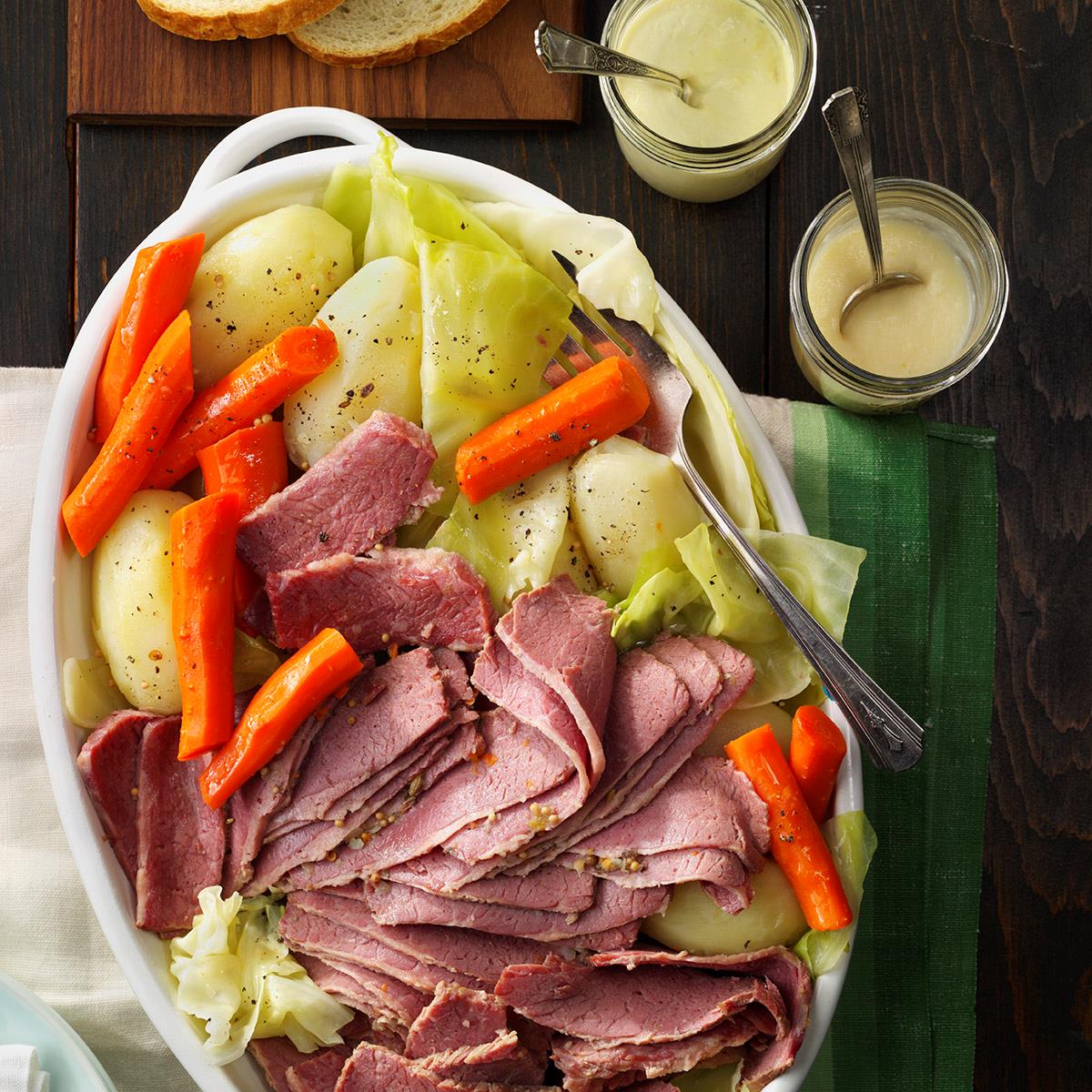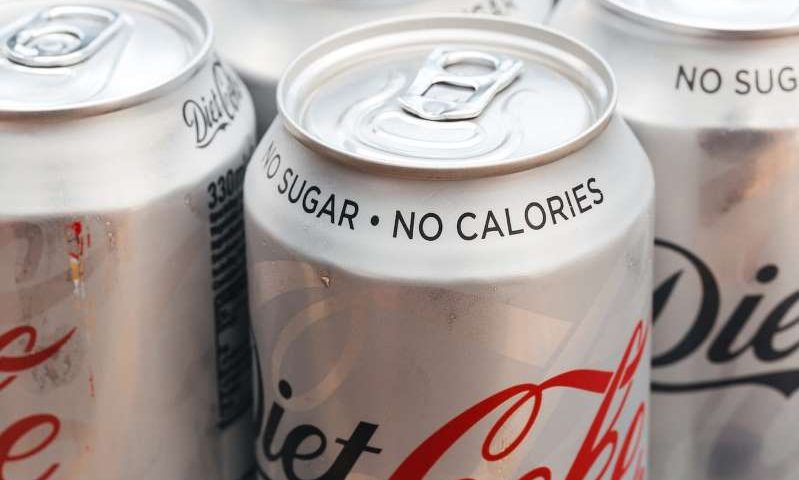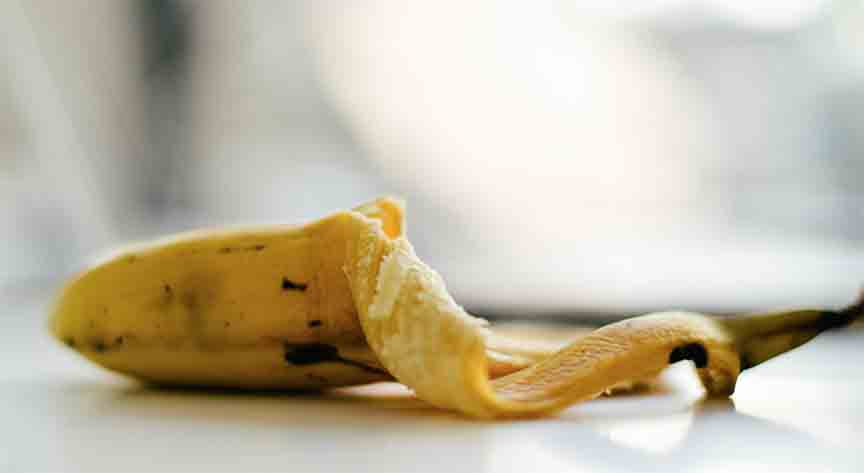
Corned Beef and Cabbage
March 1, 2020
How to not gain weight during the coronavirus lockdown
April 1, 2020BY: Ashley Laderer
- The research is mixed, but some studies have linked diet soda to serious diseases including an increased risk of Alzheimer’s, dementia, and ischemic stroke.
- Diet soda can also increase sweetness cravings, erode tooth enamel, alter your gut microbiome, and not hydrate you as well as better alternatives like water or tea.
- This article was reviewed by Samantha Cassetty, MS, RD, nutrition and wellness expert with a private practice based in New York City.
Just because diet soda doesn’t contain sugar or calories, doesn’t mean that it’s healthy for you.
Studies are mixed, but some link diet soda with serious, life-threatening diseases. Here’s what you need to know about diet soda and how it affects your health.
Diet soda’s link to poor health
A 2017 study published in Stroke found that, among over 3,000 participants, an increase in artificially sweetened soda consumption was associated with an increased risk of Alzheimer’s disease, dementia, and ischemic stroke.
Most recently, a 2019 study published in JAMA Internal Medicine, found that those who drink two diet sodas a day are more likely to die from circulatory diseases, as well as increased mortality overall, compared to those who had one diet soda or less a month.
Why diet soda can be bad for you
Increased sugar cravings: Diet soda has been shown to increase cravings for sweets, according to various studies, including one published in 2019 in Pediatric Obesity. In turn, that increase in cravings may actually lead to consuming more calories.
Not effective for weight loss or diabetes: While it can seem like cutting back on sugar by replacing it with artificial sweeteners will be beneficial for weight loss or diabetes, evidence suggests otherwise. “Diet soda does not promote weight loss and it has no effect on glycemic response in adults with diabetes. Therefore, diet soda should not be used as a weight-loss strategy or means to control diabetes,” says Rebecca Oh, RD, clinical dietitian at USC Verdugo Hills Hospital.
Altered digestive tract: “Diet soda can alter your gut microbiota, which can have negative impacts on digestion and hormone regulation,” says Oh. More research is needed to understand exactly which artificial sweeteners affect gut bacteria and how. So far, preliminary studies have found that saccharin, sucralose, and stevia may alter the bacteria in your gut, though it’s unclear what impact this may have on your health.
Kidney damage: “Long-term consumption of diet soda can increase production of free radicals in renal tissues, potentially causing damage to the kidneys,” says Oh. Additionally, a 2017 study published in the Clinical Journal of the American Society of Nephrology showed that diet soda consumption is linked to a higher risk of kidney disease.
Not great for your teeth: Think diet soda is better for your teeth because it doesn’t contain sugar? Think again. Even though it’s sugar-free, diet soda is acidic thanks to ingredients like citric acid, phosphoric acid, citric acid, and tartaric acid. These ingredients can contribute to tooth enamel erosion, at almost the same rate as non-diet soda, according to Colgate.
Who should definitely avoid diet soda and what to drink instead
Some ingredients in diet soda can be particularly harmful for people with certain health conditions. “Phosphorus should be avoided for people on dialysis and with late-stage kidney disease, and Phenylalanine is not safe for people with phenylketonuria, or PKU,” says Oh.
Of course, consuming diet soda occasionally is safer than daily consumption for the average adult. “If you are going to drink a soda, drink a very small serving, 6 to 8 ounces max, and work on weaning your cravings,” says Oh. She says this goes for diet soda or regular soda.
She also says that drinking soda, diet or regular, will not hydrate you as well as drinking good old-fashioned water – add a spritz of lemon or lime juice for flavor.
“Rather than focus on the ‘limit’ of how much diet soda you can drink, I encourage you to focus on how best to promote your health. Water is the best way to hydrate your body, quench your thirst, and promote health,” says Oh.
If you find it hard to drink plain water, she recommends unsweetened sparkling water or unsweetened tea over other beverage options. If you’re struggling to cut diet soda out of your diet and are concerned about the health risks, speak to your primary care provider or a registered dietitian.


